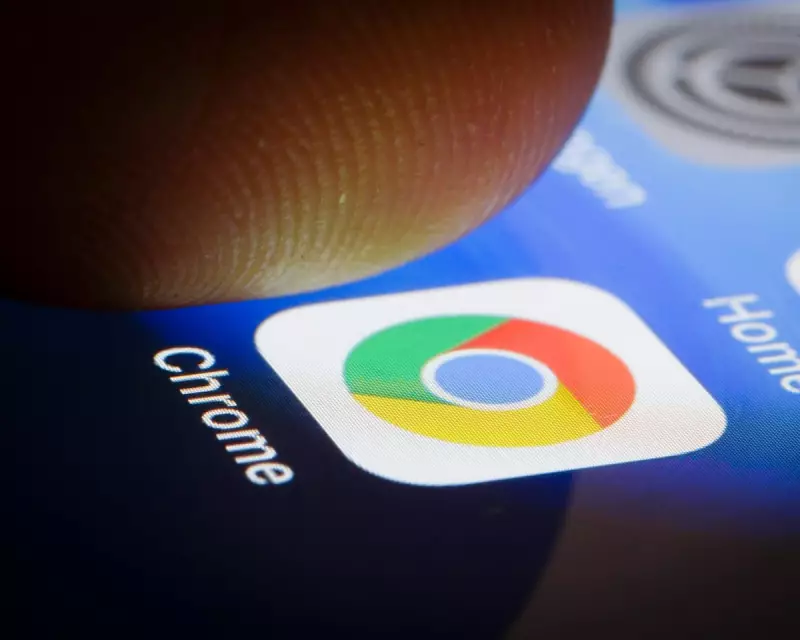
In a landmark decision that will reshape the digital landscape for millions, Google Chrome has been officially declared an illegal monopoly by the European Union. The European Commission's powerful antitrust ruling, delivered under the new Digital Markets Act (DMA), brands the world's most popular browser a 'gatekeeper' and forces Google to dismantle its dominance.
The verdict, which could set a global precedent, directly challenges the tech giant's practice of pre-installing Chrome on its Android operating system and pushing it on Windows users. This 'unfair advantage', regulators argue, has stifled competition and robbed users of meaningful choice for years.
What the Ruling Means for You
For the 450 million users in the European Economic Area (EEA), the changes will be significant and unavoidable. Google is now legally compelled to provide a clear, unbiased 'choice screen' that will appear on both Android devices and Windows computers. This screen will prompt users to select a default browser from a list of rivals when they first set up their device or install Windows.
This is not a mere suggestion; it is a mandated intervention designed to level the playing field. The goal is to give browsers like Mozilla Firefox, Opera, Brave, and Vivaldi a fighting chance to compete on their merits, rather than being buried by Chrome's default status.
The Core of the Controversy
The case hinged on Google's powerful ecosystem. By making Chrome the default on Android and promoting it aggressively within its search engine, Google created a self-reinforcing cycle of market dominance. Competitors argued this was not a fair fight, but an abuse of power that locked users in without their conscious consent.
The EU Commission agreed, stating that Google's practices "severely undermined" competition and innovation. This ruling is one of the first major tests of the DMA, signalling the EU's hardened stance against Big Tech's anti-competitive behaviour.
What Happens Next?
Google must now comply with the ruling by implementing these choice screens across the EEA. Failure to do so could result in staggering fines—up to 10% of the company's global annual turnover.
This decision is a monumental victory for browser competitors and consumer advocacy groups. It represents a fundamental shift towards putting control back into the hands of users, ensuring that the browser market is decided by quality and innovation, not by pre-installation and market power.





